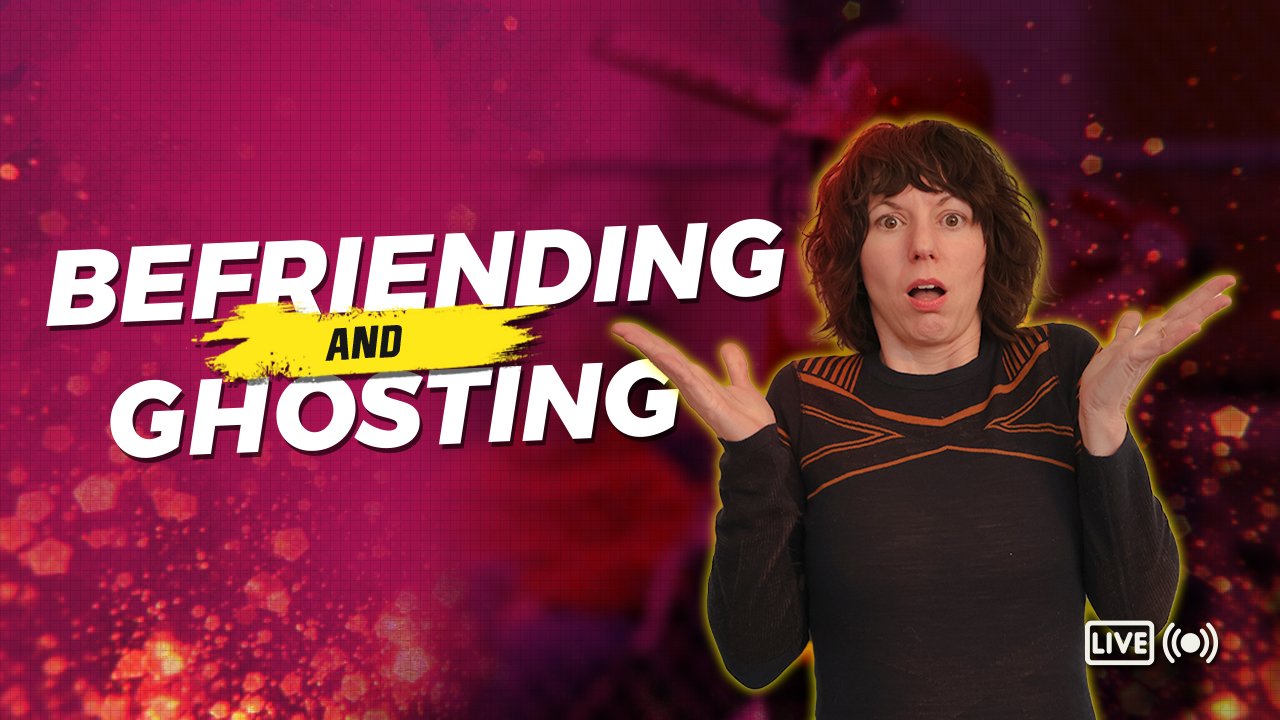How Empaths Can Balance Anger and Compassion to Better Manage Emotions
Are you an empath caught in the relentless cycle of anger and compassion?
Navigating the world as an empath can feel like walking a tightrope between two towering emotions: anger and compassion. It’s common for empaths to suppress their own emotions in favor of understanding and absorbing the feelings of others. This constant emotional balancing act can be exhausting, often leaving one's own mental health on the backburner. In this blog, I’ll delve into effective strategies that help empaths manage these powerful emotions, fostering a healthier, more balanced emotional life.
Empathic Struggle with Anger and Compassion
As an empath, you might find pure anger uncomfortable or even unacceptable. This discomfort can lead us to quickly switch to compassion, even when anger might be a justified and necessary response. The issue with this rapid switching is that it can prevent us from truly processing our feelings, leaving us stuck in an emotional limbo.
In my practice, I've observed many empaths who tell themselves they shouldn’t feel angry, believing that feeling angry makes them a bad person. However, suppressing this anger does not enhance your mental health; rather, it complicates your emotional responses, making genuine compassion harder to achieve. It’s essential to recognize that feeling anger is a natural human emotion and allowing yourself to feel it is not only okay but necessary for personal growth.
The Importance of Recognizing Emotional Traps
Recognizing emotional traps is crucial for any empath. These traps can manifest as recurring patterns where you might find yourself over and over again. For example, you might continuously excuse someone else's harmful actions at the expense of your own emotional well-being, which in turn can make you feel powerless and stuck.
Understanding and identifying these traps is the first step towards emotional freedom. It allows you to take a step back and assess your emotions critically, helping you break free from cycles that no longer serve your mental health. It's about setting boundaries for yourself and others, which is a vital skill for anger management and maintaining emotional balance.
Methods for Effective Emotional Management
Developing methods for effective emotional management is another key aspect of handling the dichotomy of anger and compassion. One practical approach is through expressive writing or journaling, where you allow yourself to express anger in a controlled and safe environment. This method helps in processing those intense emotions without judgment, facilitating a healthier transition to compassion.
Additionally, mindfulness practices such as meditation can greatly aid empaths in managing their emotions. These practices teach you to observe your emotions without attachment, providing you with the space to choose how you want to react to them. This can be particularly effective in anger management, helping to cool down intense emotions and allowing for a more compassionate perspective to take root naturally.
Incorporating these strategies into your daily life can significantly improve how you manage your emotions as an empath. It’s about recognizing when to allow yourself to feel anger, setting appropriate boundaries, and understanding when compassion is genuinely needed. By doing so, you'll find that managing your emotions becomes less overwhelming, leading to better overall mental health and a more fulfilling life. Remember, being an empath doesn’t mean you have to carry the emotional burdens of others at the expense of your own well-being. It’s about balancing the scale between anger and compassion in such a way that you honor both your needs and the feelings of those around you.
Episode Tags
- ADD 1
- Abuse 16
- Alcohol 3
- Anger 9
- Bullying 5
- Childhood 37
- Codependency 10
- Covid 4
- Crystal Catalina 4
- Depression 15
- Detachment 2
- Disassociation 4
- Emotions 74
- Existentialism 2
- Faith 1
- Family 26
- Fatigue 4
- Focus 3
- Gratitude 11
- Grief 12
- Guilt 2
- Healers 7
- Healing 52
- High Sensation 4
- Hope 1
- Hypervigilance 7
- Introverts 6
- Lonliness 7
- Love 3
- Manifesting 5
- Manipulation 19
- Men 1
- Mindfulness 38
- Money 10
- Music 3
- Nutrition 2
- Overthinking 8
- PTSD 11
- Parenting 12
- People Pleasing 8
- Perfectionism 6
- Pets 4
- Relationships 19
- Resiliency 12
- Sadness 1
- Self Esteem 16
- Self Love 11
- Self Respect 1
- Self-Care 26
- Sex 1
Upcoming Events
Episode Tags
- ADD 1
- Abuse 16
- Alcohol 3
- Anger 9
- Bullying 5
- Childhood 37
- Codependency 10
- Covid 4
- Crystal Catalina 4
- Depression 15
- Detachment 2
- Disassociation 4
- Emotions 74
- Existentialism 2
- Faith 1
- Family 26
- Fatigue 4
- Focus 3
- Gratitude 11
- Grief 12
- Guilt 2
- Healers 7
- Healing 52
- High Sensation 4
- Hope 1
- Hypervigilance 7
- Introverts 6
- Lonliness 7
- Love 3
- Manifesting 5
- Manipulation 19
- Men 1
- Mindfulness 38
- Money 10
- Music 3
- Nutrition 2
- Overthinking 8
- PTSD 11
- Parenting 12
- People Pleasing 8
- Perfectionism 6
- Pets 4
- Relationships 19
- Resiliency 12
- Sadness 1
- Self Esteem 16
- Self Love 11
- Self Respect 1
- Self-Care 26
- Sex 1




















